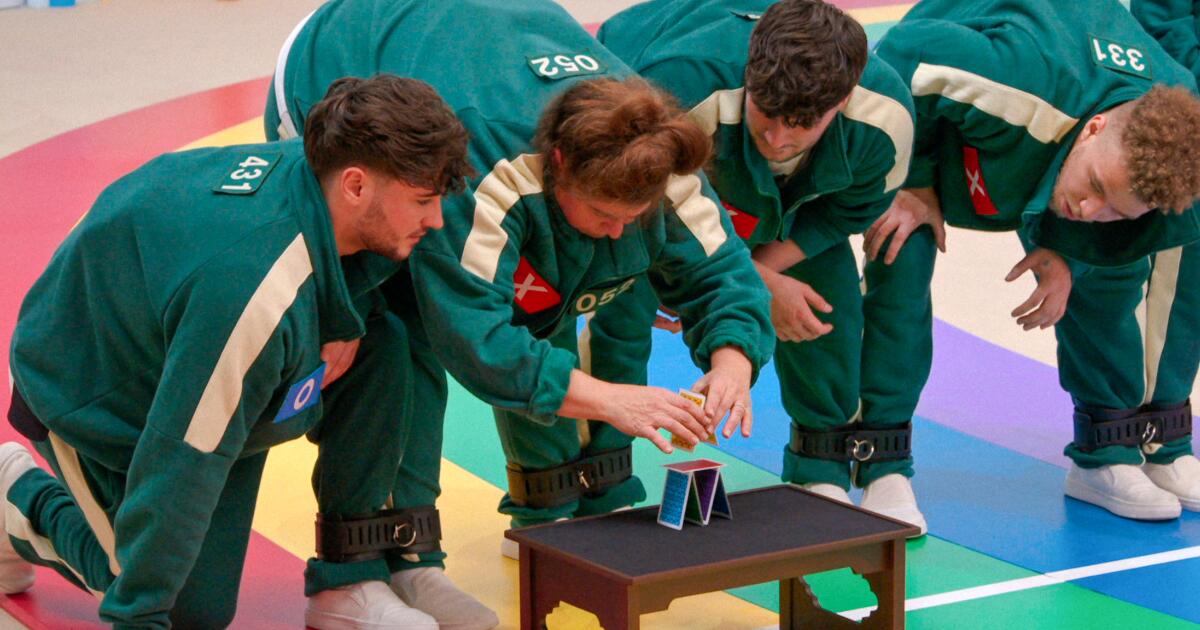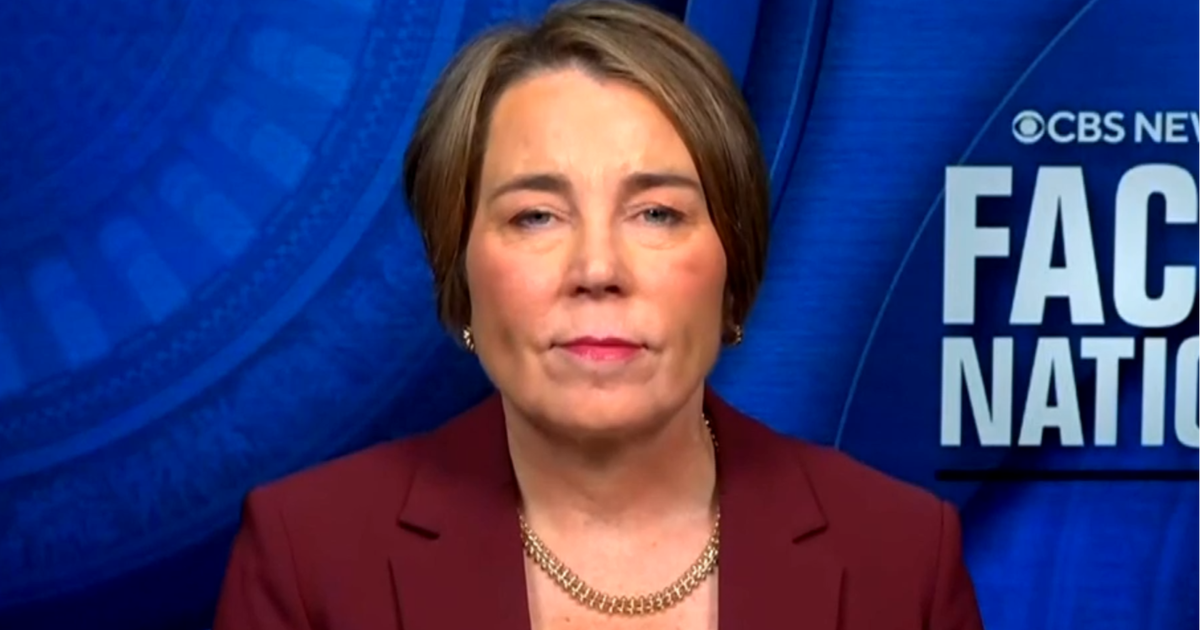Copyright Los Angeles Times

Home health nurse Faith Dunn, clad in a green tracksuit, entered the cavernous room full of bunk beds where hundreds of contestants in the highly competitive second season of “Squid Game: The Challenge” that launched Tuesday. Dunn — a huge fan of the popular Korean dystopian series — was in it to win it as Player 361. Dunn, 29, flew to England for the first time in January to take part in the reality competition series filmed at Shinfield Studios near Reading. “‘Squid Game’ is the best series I’ve ever watched,” said Dunn, who lives in Springfield, Ore.”They’re really going the extra mile, letting us try this in person. I was extremely excited to go.” Dunn, along with 455 other contestants, competed to win $4.56 million in prize money in games inspired by “Squid Game.” The nine-episode series, which premiered this week, is just the latest example of Netflix’s foray into the world of reality competition shows that cater to the rabid fan base of their most popular programs. This year, the streaming giant has announced several new reality competitions including “The Golden Ticket,” inspired by the world of “Charlie and the Chocolate Factory,” and a reality contest based on the mystery game “Clue.” There are also plans to adapt the cutthroat real estate game “Monopoly” into a reality series. Another game show in the works has the working title “Win the Mall.” Billed as the next generation of “Supermarket Sweep” and “The Price Is Right,” the new show will test the knowledge of consumers, Netflix told The Times. “We look for unique worlds,” said Jeff Gaspin, Netflix’s vice president of unscripted series. “How can we do something that we haven’t seen many times before?” In all, Netflix has commissioned 34 reality competition seasons, according to Ampere Analysis this year. That represents 9% of TV show seasons ordered — the highest percentage that Ampere has seen since it started tracking Netflix shows commissioned globally in 2020, the firm said. “They’re expanding the universe of big-budget, high-profile, high-concept reality series because their research tells them that’s what the audience wants,” said Tom Nunan, a former studio and network executive. It helps to have a hit. “Squid Game: The Challenge” was inspired by Netflix’s most popular show, “Squid Game,” which garnered 265.2 million views globally in its first season in its first 91 days on Netflix in 2021, according to the streamer’s data. That fandom carried over to the reality competition series that launched in 2023. More than 95% of Netflix customers who watched “Squid Game: The Challenge” also watched “Squid Game,” according to Netflix. “It was so huge globally ... finding a show that resonates in just about every territory is rare,” Gaspin said. “So translating it to a reality format seemed like a no-brainer.” Unlike big-budget fantasy or sci-fi series, reality competition shows usually have lower budgets and many of them are filmed overseas in the UK and Canada to take advantage of lucrative financial incentives. Gaspin declined to disclose the budget for “Squid Game: The Challenge,” but said the first season’s budget was substantially above $10 million. “It is by far one of our biggest competition reality shows, and the budget supports that,” said Gaspin, a former executive at NBC Universal Television Entertainment. The series was filmed on six soundstages in its second season. A large rotating platform was built to depict “mingle,” a game where players must gather a certain number of people in a room under a deadline in order to survive to the next round. Ninety cameras were used to track their movements. Players also went head to head in teams of five, with their legs tied together, as they raced on a track to complete challenges, including building a house of cards fast enough to avoid elimination. Netflix has been taking steps to diversify its business into new areas, such as video games and even mall locations where it can create immersive experiences with fans. Next week the Los Gatos, Calif., company will launch Netflix House, a physical location in the Philadelphia area where people can go to buy Netflix-themed merchandise or pay for experiences based on Netflix programs. Unlike other network reality show departments, which have had budgets decimated by cuts, Netflix has deep pockets to try new types of programming. “The fear factor is lower at Netflix than it is anywhere else,” Nunan said. “In other words, they seem much more confident in themselves and then taking a swing with things.” That’s why Jimmy Fox, head of unscripted development and sales at Fremantle’s U.S. operations, took “Win the Mall” to Netflix. “Most networks you pitch a highly ambitious show to, they will immediately try to bring you down to earth and strip your idea down to the most basic premise,” Fox said. “At Netflix, you pitch them an ambitious idea, they will stare you in the eye and ask how, together, can we make this even bigger?” Netflix expanded its push into reality TV in 2018 with the launch of cooking competition shows like “Nailed It!” and “Sugar Rush.” Since then, the company has developed popular franchises including reality dating shows such as “Love Is Blind,” and created fandoms over reality contestants like Harry Jowsey from “Too Hot to Handle,” who will launch his own show similar to ABC’s “The Bachelor” next year. Dunn, the “Squid Game: The Challenge” contestant, got the opportunity to apply for the second season of the reality show after she had won a “Squid Game” experience event in Los Angeles. To prepare for the show, she re-watched “Squid Game: The Challenge” Season 1 and documentaries related to body language and communication. “I couldn’t believe I had this opportunity of a lifetime and I became obsessed with ‘Squid Game,’” Dunn said. “I got a puppy afterwards, and his name is Squid.”



